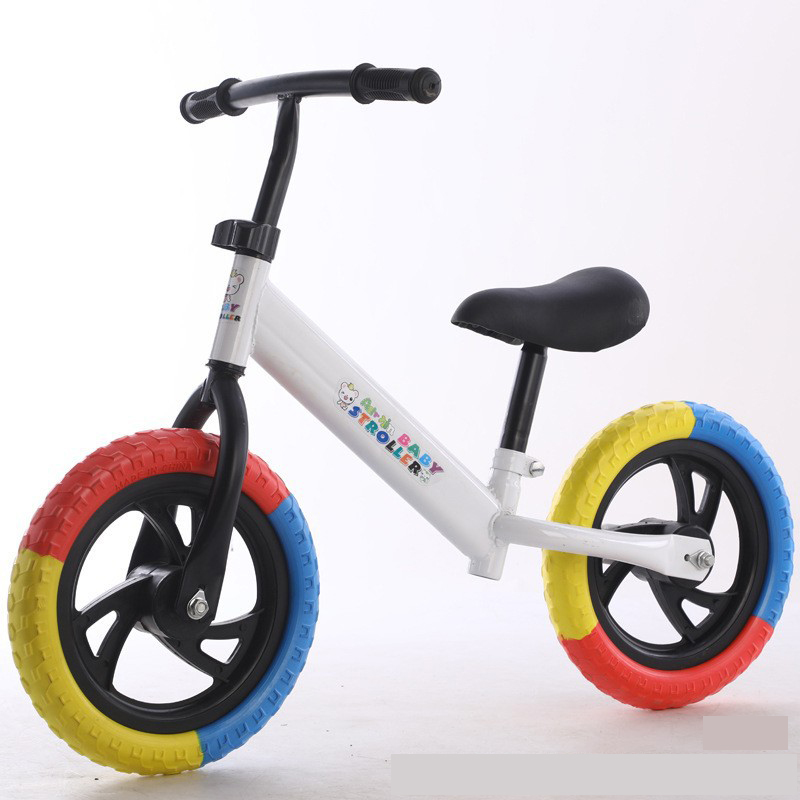10 月 . 22, 2024 09:26 Back to list
OEM Stroller Manufacturer for Quality Baby Products and Custom Designs
Exploring the World of OEM Stroller Factories
In today's rapidly evolving marketplace, the demand for quality baby products, particularly strollers, is at an all-time high. Parents are increasingly seeking products that not only ensure the safety and comfort of their little ones but also offer style and convenience. This rising demand has led to the prominence of Original Equipment Manufacturer (OEM) stroller factories, playing a pivotal role in producing high-quality strollers tailored to meet various consumer preferences and market needs.
What is an OEM Stroller Factory?
OEM stands for Original Equipment Manufacturer. In the context of stroller production, an OEM factory primarily manufactures products based on the specifications and designs provided by other companies or brands. These factories typically do not market their products under their own brand name; instead, they focus on producing strollers for companies that then sell them under their own brand names. This business model allows companies to offer a diverse range of products without investing heavily in manufacturing infrastructure.
Advantages of OEM Stroller Factories
1. Cost Efficiency Partnering with an OEM stroller factory can significantly reduce production costs for brands. By outsourcing manufacturing to specialized factories, companies can save on expenses related to labor, equipment, and raw materials. This allows brands to allocate their resources towards marketing and distribution.
2. Expertise and Innovation OEM factories often have years of experience and expertise in manufacturing. They invest in technology and research and development, ensuring that the strollers produced meet safety standards and incorporate innovative designs. This can provide brands with cutting-edge products without the need for extensive in-house development.
3. Customization Options Many OEM stroller factories offer a range of customization options to meet specific brand requirements. Whether it’s a unique color, design, or additional features, OEM partners can cater to a brand’s identity and customer expectations, allowing for the creation of distinctive products in a competitive market.
4. Scalability For brands looking to scale their operations, OEM factories provide the flexibility needed to adjust production volumes based on demand. This is particularly beneficial for new businesses or seasonal brands that may experience fluctuations in sales.
oem stroller factory

5. Focus on Core Competencies By outsourcing manufacturing, brands can focus on their core competencies such as marketing, customer service, and brand building. This strategic division of labor allows companies to enhance their brand presence and improve customer relations.
Challenges Faced by OEM Stroller Factories
Despite their numerous advantages, OEM stroller factories also face several challenges. One significant issue is maintaining quality control throughout the manufacturing process. Brands rely heavily on their OEM partners to deliver products that meet stringent safety and quality standards. Any lapses in quality can lead to recalls and damage to the brand’s reputation.
Additionally, communication between the brand and the OEM factory is crucial. Misunderstandings regarding design specifications or timelines can lead to production delays, impacting the brand’s ability to launch products on schedule. Therefore, establishing clear communication channels and ensuring a shared understanding of expectations is essential for a successful partnership.
The Future of OEM Stroller Factories
As consumer preferences evolve, OE manufacturer stroller factories will need to adapt to changing trends such as eco-friendliness, advanced safety features, and technological integration. The market is seeing a rise in demand for sustainable products, prompting OEM manufacturers to innovate and incorporate sustainable practices into their production processes.
With the continuous growth of the baby products market, the role of OEM stroller factories is set to expand. Companies looking to create reliable, high-quality strollers while optimizing their resources will increasingly turn to these manufacturers. As a result, OEM factories will remain a vital component of the baby stroller industry, driving innovation and meeting the diverse needs of parents worldwide.
In conclusion, OEM stroller factories represent a strategic solution for brands seeking to navigate the competitive landscape of baby products. By leveraging the expertise, cost efficiency, and scalability of these manufacturers, companies can provide safe, stylish, and functional strollers that resonate with today’s parents. As the industry continues to evolve, both brands and OEM factories will play a crucial role in shaping the future of stroller design and production.
-
Children Tricycle Factory Custom Designs & Safety Certified
NewsMay.30,2025
-
Best Scooters for Teens Top-Rated, Safe & Durable Rides for 2023
NewsMay.30,2025
-
Affordable Mini & Baby Bicycle Prices Best Deals & Discounts
NewsMay.29,2025
-
20-Inch Kids Tricycle Adjustable Seat, Safe & Durable Design
NewsMay.29,2025
-
20 Inch Kids Bikes Lightweight, Adjustable & Durable Designs
NewsMay.29,2025
-
Magnesium disc Bicycle wholesale children bicycle wholesale children mountain balance bicycle
NewsMar.07,2025
